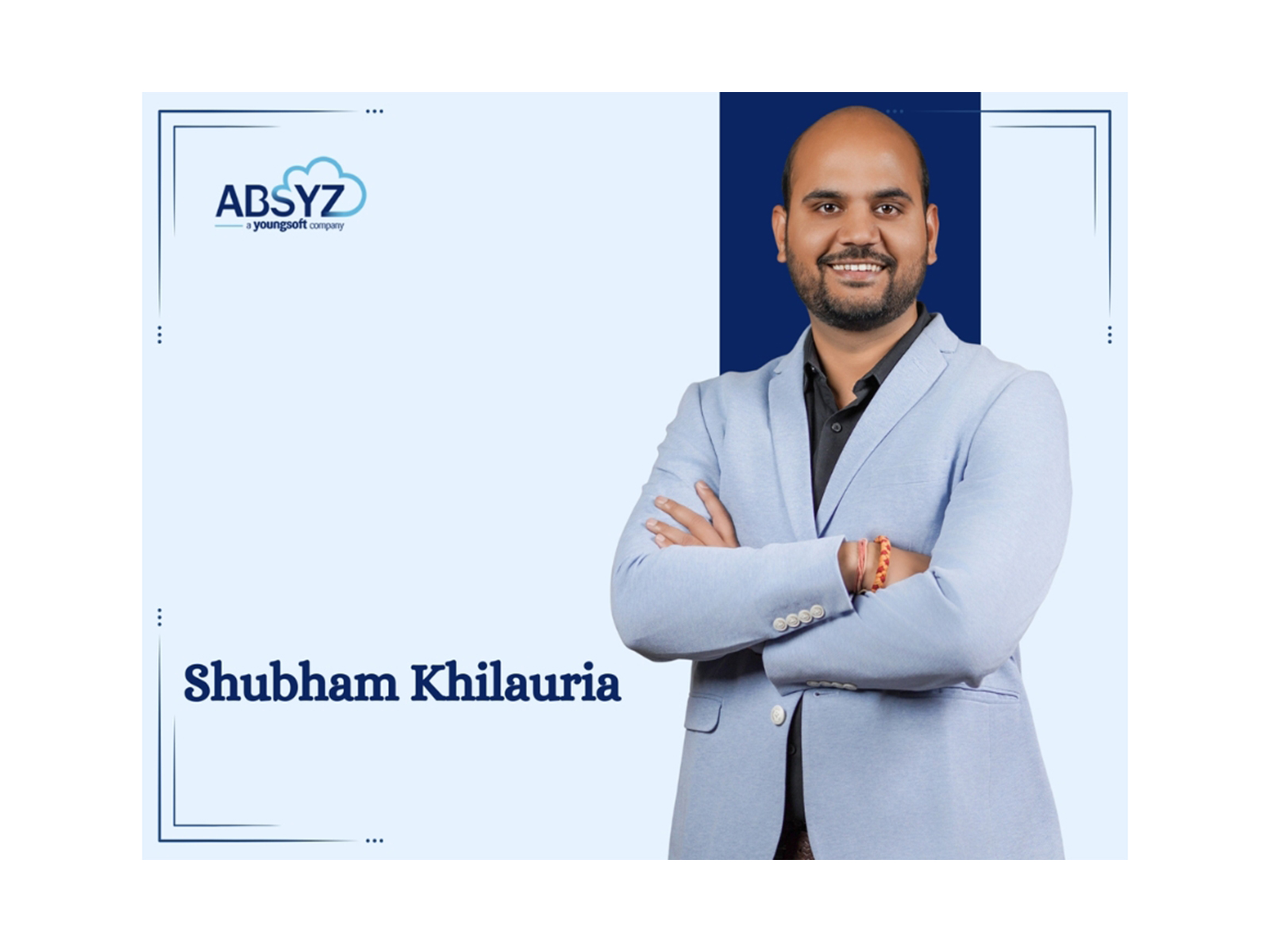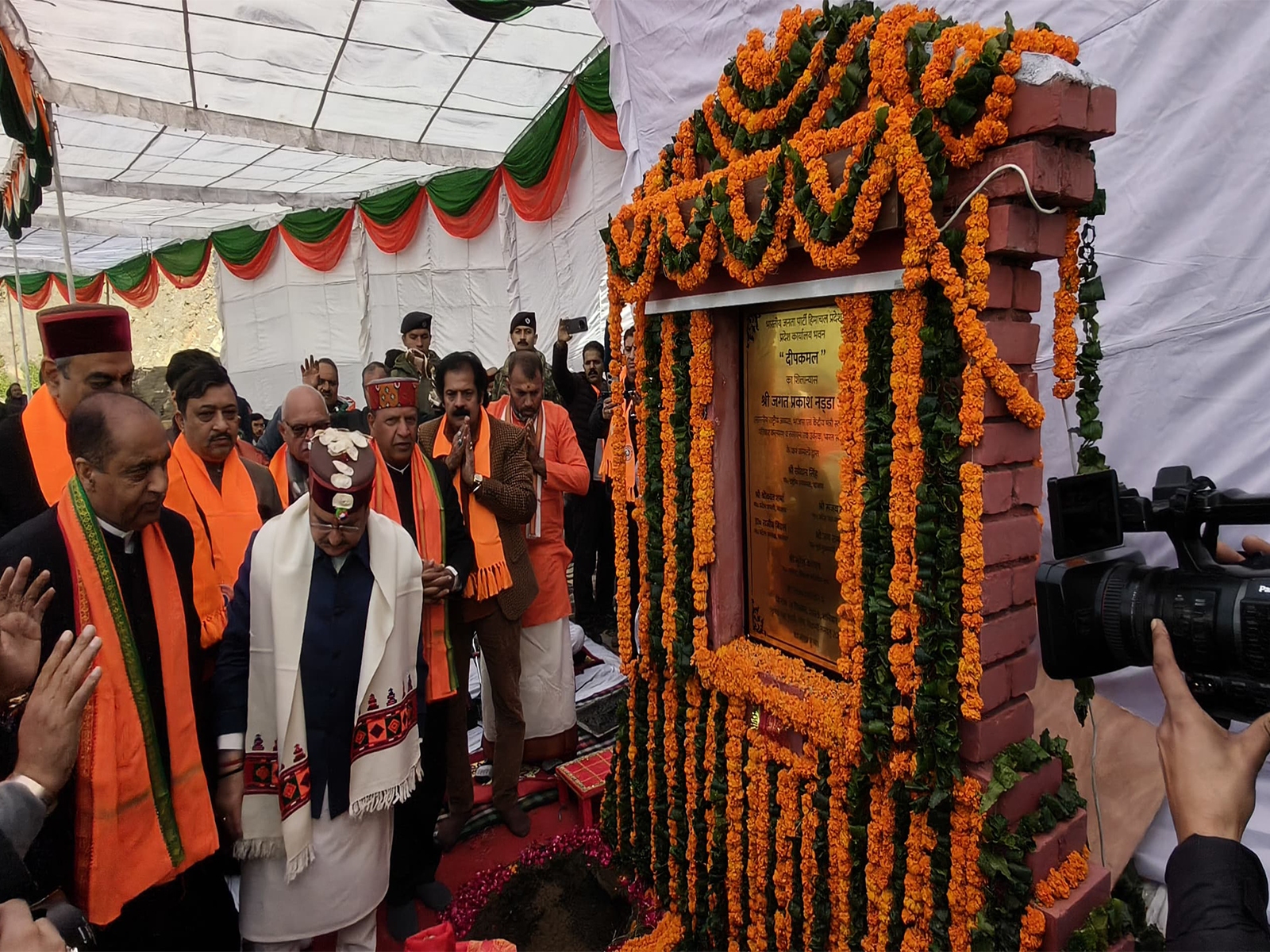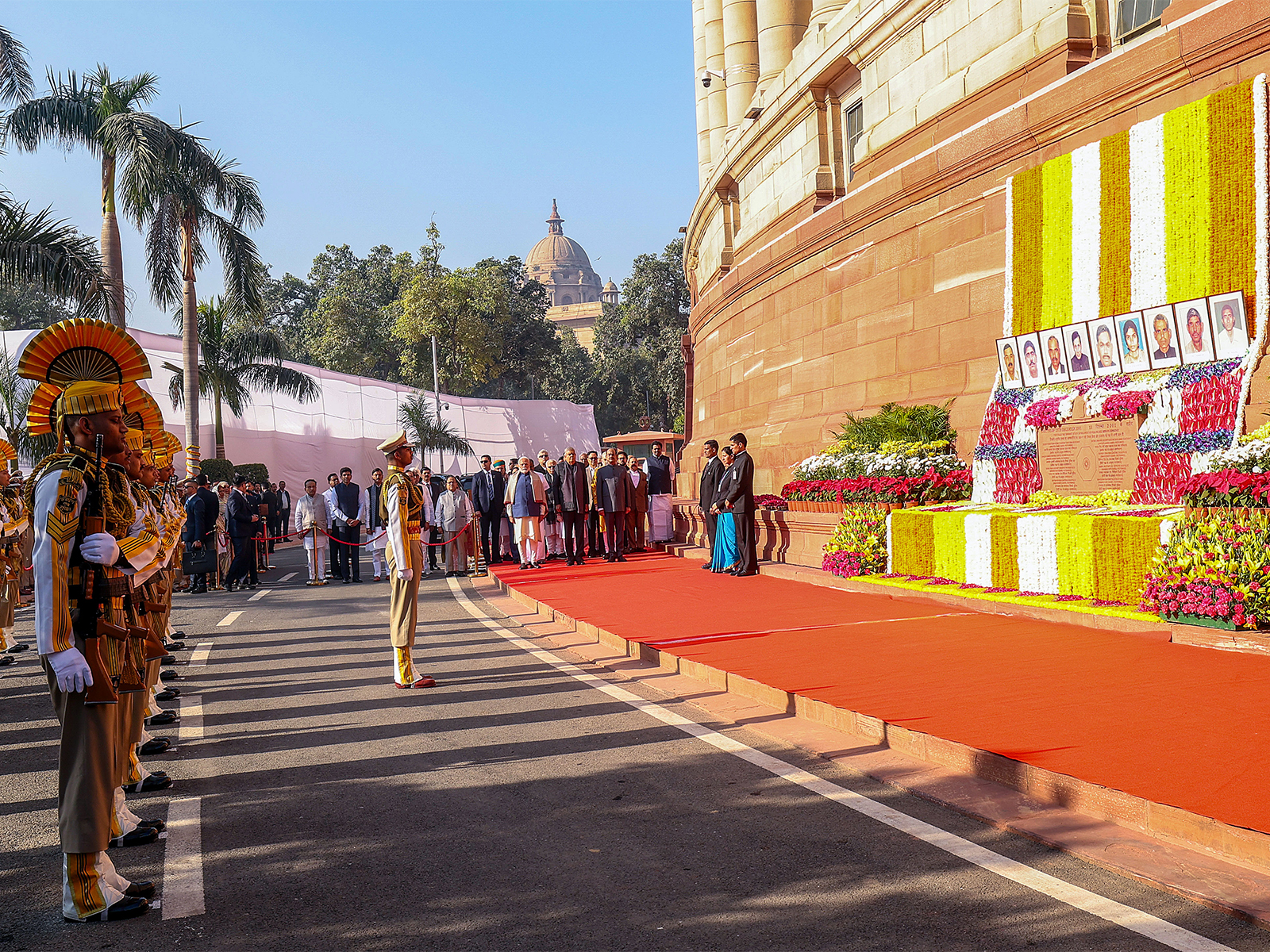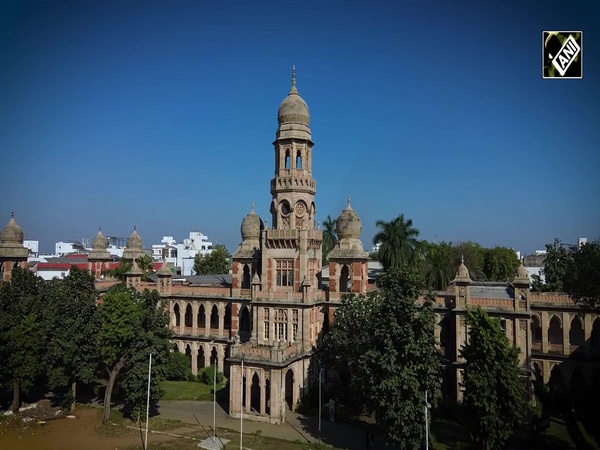Union Minister Rajeev Chandrasekhar advocates transparent regulation and AI advancements at Mumbai Tech Week
Feb 20, 2024

Mumbai (Maharashtra) [India], February 20 : Union Minister of State for Skill Development and Entrepreneurship, Electronics and Information Technology, and Jal Shakti, Rajeev Chandrasekhar, underscored the government's commitment to transparent regulation and leveraging artificial intelligence (AI) for economic growth during his participation in the Mumbai Tech Week on Monday.
According to a press release by the Ministry of Electronics and IT, while engaging in a virtual discussion with Anant Goenka, Minister Chandrasekhar highlighted the Narendra Modi government's transformative regulatory approach and emphasised the need for collaboration among stakeholders to foster orderly growth across various sectors.
Minister Chandrasekhar said, "The telecom sector had some of the biggest scams. So, there is also a healthy dose of cynicism and scepticism when the government talks about regulation because there is a feeling that regulation is either pushing for a particular agenda or pushing forward the need for the government or a politician to control. But our approach to creating a framework of regulation has been open, transparent, and consultative," read the press release.
He added, "And it is not so much about the government regulating as it is about all of the stakeholders coming together and creating the guardrails that are important for the orderly growth of any segment of our economy. If it were just about innovation, if it were just about entrepreneurs doing their thing and we did not have some rules, laws, and guardrails, you would have chaos."
Reflecting on the regulatory landscape, Minister Chandrasekhar drew attention to past inadequacies in sectors such as telecom and affirmed the government's commitment to an open, transparent, and consultative framework of regulation.
He emphasized that regulation is not solely about government control but rather about creating guardrails for the orderly growth of the economy, ensuring innovation while maintaining stability.
"There is a trend today that, in terms of China, the momentum they had over the last decade in the areas of emerging and high tech, is slowing down and becoming blunter because of all the export control regimes being put against them. They are certainly not viewed as a trusted partners in the future of technology. I can confidently say that India is reversing the missed opportunities of the past 75 years," said Chandrasekhar.
"We have today two full-blown fabs, with USD 10 billion fab investments coming into the country after decades. We are also partnering with the best technology partners for the future of semiconductors. So, along with the design innovation ecosystem on semiconductors, which is going to design the next generation of chips and devices, we are also launching India Semiconductor Research Centre, which is going to be a state of the art research centre where the world's biggest semiconductor makers will research in India," the Minister added.
Addressing India's evolving global position in comparison to China, particularly in semiconductors, Minister Chandrasekhar highlighted a significant shift in momentum.
He noted that India is reversing missed opportunities by attracting investments in semiconductor fabs and partnering with leading technology firms.
He also announced the launch of the India Semiconductor Research Centre, a state-of-the-art research facility aimed at fostering innovation in semiconductor technology.
During a rapid-fire interaction, Minister Chandrasekhar reiterated the government's commitment to leveraging AI for economic growth and enhancing public services.
He emphasised the importance of AI in healthcare, agriculture, education, and language diversity, highlighting the government's focus on supporting inclusive development and leveraging technology for the benefit of all citizens, read the press release.
Minister Chandrasekhar said, "we intend to exploit AI to its fullest for achieving the goals of our economic growth, ensuring that AI makes a big impact on healthcare and drug discovery, as well as on agriculture and farmer productivity. Use cases are not about having bragging rights to compete with ChatGPT. That is not the direction we are going in. We will also go ahead and support education and there will be a focus in multiple languages of India, and multiple datasets."

















